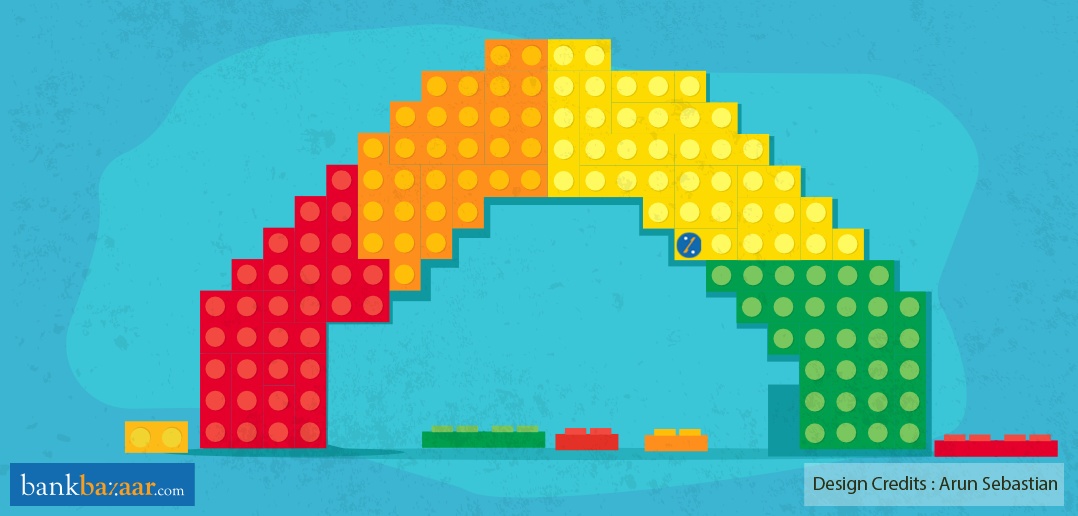While building a Credit Score from scratch can be challenging, it’s not impossible! Read on for actionable steps to help you establish a robust credit history.

In today’s world, having a good Credit Score is crucial for financial stability. Whether you’re planning to apply for a loan or get a Credit Card, a strong credit history is your ticket to financial opportunities. However, for many individuals in India, especially young adults and those new to the financial system, building a Credit Score from scratch can be challenging. In this article, we’ll explore actionable steps to help you establish a robust credit history.
Understanding The Basics
A Credit Score is a numerical representation of your creditworthiness, reflecting your ability to repay borrowed money. Credit Scores typically range from 300 to 900, with higher scores indicating better creditworthiness. Without any credit history, your score starts at the lower end of the spectrum.
So, what can you do to kickstart that credit record? Take a look:
-
Open A Bank Account
The first step towards building a Credit Score is to open a bank account. A savings account is a fundamental financial tool that demonstrates your ability to manage money responsibly. Choose a bank that offers a basic savings account with minimal documentation requirements. In time, you can establish enough of a credible relationship with the bank to request one of their Credit Cards.
-
Apply For A Secured Credit Card
A secured Credit Card is an excellent option for individuals with no credit history. Unlike a regular Credit Card, a secured card requires you to make a security deposit, which becomes your credit limit. For e.g. some banks offer Credit Cards against a Fixed Deposit. Use the card responsibly by making small purchases and paying the full balance on time each month. This demonstrates financial responsibility to credit bureaus and you’ll see your Credit Score beginning to tick over.
-
Consider A Credit Builder Loan
Several financial institutions may offer credit builder loans specifically designed for individuals with no credit history. These loans are usually small and have a short tenure. The borrowed amount is deposited into a locked savings account, and as you repay the loan, positive information is reported to credit bureaus, helping you establish a credit track record.
Additional Reading: How To Get A Credit Card If You Don’t Have A Job
-
Get An Add-On Credit Card
Ask a family member or close friend with a good credit history if you can get an add-on Credit Card, a supplementary card to their existing Credit Card. This allows you to piggyback on their positive credit history, boosting your own Credit Score. Ensure that the primary cardholder has a responsible credit usage pattern.
-
Maintain A Low Credit Utilisation Ratio
If you already have a Credit Card, keep your credit utilisation ratio low. This ratio represents the amount of credit you’re using compared to your total credit limit. Aim to use only a small percentage of your available credit, ideally below 30%. This demonstrates responsible credit management.
Additional Reading: How To Maintain A Low Credit Utilisation Ratio
-
Monitor Your Credit Report
Regularly check your credit report from all major credit bureaus in India. This allows you to spot errors or discrepancies and ensures that your positive financial behaviour is accurately reflected. You are entitled to one free credit report per year from each bureau. Hint: you can check your Experian credit report for free as many times as you like on the BankBazaar platform without any impact on your score.
Remember, building a Credit Score from scratch requires patience and disciplined financial habits. By following these actionable steps, you can establish a positive credit history and open doors to various financial opportunities. Remember, the key is consistency and responsible financial management. As you build your creditworthiness, you’ll be on your way to a stronger and more secure financial future.